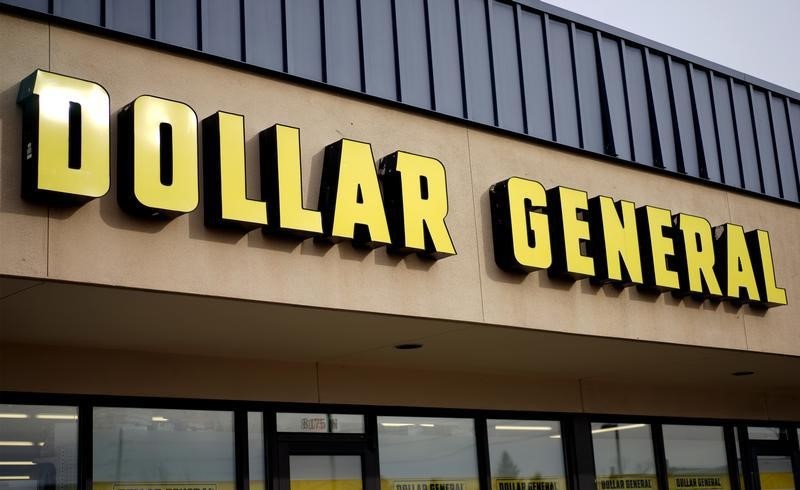Bernstein looks at what Trump’s policy bill means for consumers and retailers
- July 13, 2025
- Category:

Investing.com - The sprawling tax-cuts and spending package signed into law by U.S. President Donald Trump last week includes provisions that would lead to deep cuts to a food-assistance program used by tens of millions of Americans.
Particularly impacted by the bill will likely be the Supplemental Nutrition Assistance Program, or SNAP, with the scheme’s federal budget facing a cumulative cut of $186 billion between the 2025 and 2034 fiscal years.
Taking out roughly $60 billion of administrative costs and benefits being transferred from the federal to the state level, the reduction stands at around $130 billion. Analysts have noted that the drawdown will likely be primarily achieved by extended work requirements for SNAP benefits, which would in turn reduce eligibility for the program.
Writing in a note to clients, analysts at Bernstein said the net impact of the reductions will be "positive" for most income levels, especially in the short term, "as front-loaded tax benefits outweigh back-loaded SNAP and other budget cuts."
Citing data from the Wharton Budget Model, the analysts noted that the top quintile income cohort could see a 2.1% to 3.5% increase in earnings by 2027, as well as a 0.5%-2.7% uptick by 2033. However, the lowest quintile bracket may experience a 1% slip in income in two years and up to a 7.5% negative impact by 2033.
For retailers, meanwhile, the direct effect of the SNAP cuts will be "limited," the Bernstein analysts predicted, adding that the changes will translate into a comparative sales headwind of about 5-15 basis points per year on average.
Bargain retailers, such as Dollar General (NYSE: DG ) and Dollar Tree (NASDAQ: DLTR ), are seen as the most likely impacted, as the tax benefits make middle- to high-income earners who have recently searched for deals due to broad economic uncertainty more comfortable with higher-priced options, the analysts said.
At the same time, low-income consumers are likely to come under increased pressure, they said, further presenting challenges for dollar retailers.
"We continue to see more upside to Dollar General in the near term but have less conviction about its medium term trajectory given a potential reversal of the trade down benefit next year," the analysts said.
Meanwhile, big-box chains like Walmart (NYSE: WMT ) and Target (NYSE: TGT ) are expected to be boosted against this backdrop, they argued. Walmart is tipped to post share gains, bolstered by its improved in-store and online shopping experience, while Target’s sales growth could experience some tailwinds, the analysts said.
Walmart and Dollar General were given "outperform" ratings by Bernstein, while Dollar Tree was rated as "market-perform" and Target "underperform."

